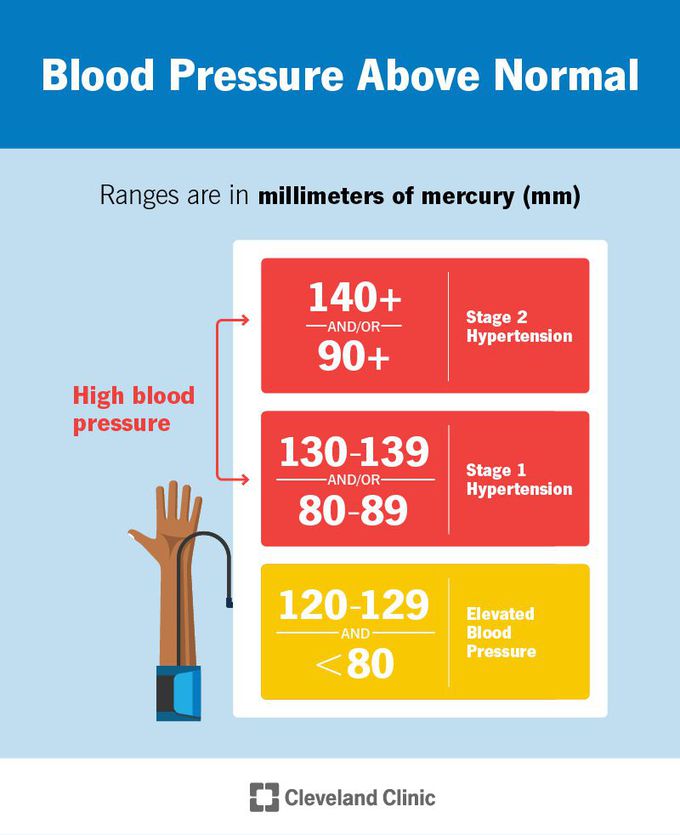


Causes of high blood pressure
Blood pressure is determined by two things: the amount of blood the heart pumps and how hard it is for the blood to move through the arteries. The more blood the heart pumps and the narrower the arteries, the higher the blood pressure. There are two main types of high blood pressure. Primary hypertension, also called essential hypertension For most adults, there's no identifiable cause of high blood pressure. This type of high blood pressure is called primary hypertension or essential hypertension. It tends to develop gradually over many years. Plaque buildup in the arteries, called atherosclerosis, increases the risk of high blood pressure. Secondary hypertension This type of high blood pressure is caused by an underlying condition. It tends to appear suddenly and cause higher blood pressure than does primary hypertension. Conditions and medicines that can lead to secondary hypertension include: Adrenal gland tumors Blood vessel problems present at birth, also called congenital heart defects Cough and cold medicines, some pain relievers, birth control pills, and other prescription drugs Illegal drugs, such as cocaine and amphetamines Kidney disease Obstructive sleep apnea Thyroid problems Sometimes just getting a health checkup causes blood pressure to increase. This is called white coat hypertension.

